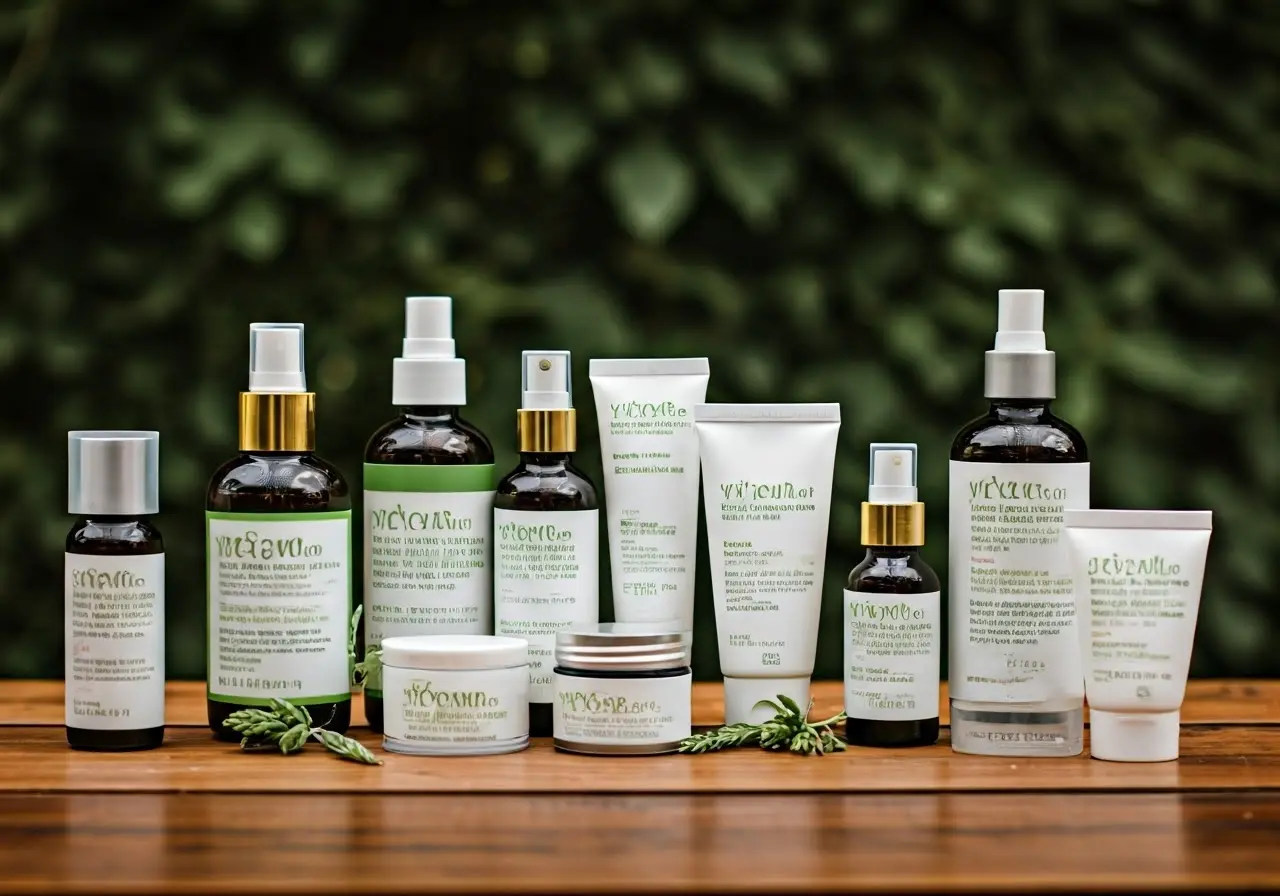
Is Vegan Skincare Suitable for All Skin Types?
Vegan skincare has become increasingly popular, but many people wonder if it’s compatible with their unique skin type. In this blog, we’ll explore the suitability of vegan skincare for various skin types and answer some common questions!
What is Vegan Skincare?
Vegan skincare is made from plant-based ingredients and does not include any animal-derived components. This type of skincare often focuses on natural, nourishing elements that are gentle on the skin.
The absence of animal-derived products means that vegan skincare is not only aligned with ethical choices for those living a vegan lifestyle but also caters to those looking for cruelty-free options. This approach supports a more sustainable environment as plant-based components typically have a smaller carbon footprint compared to their animal-derived counterparts. Moreover, many vegan skincare products prioritize organic and minimal ingredients to provide a more natural approach to skin health, reducing the risk of irritation and allergies.
Benefits of Vegan Skincare
Vegan skincare offers several benefits, including being cruelty-free, environmentally friendly, and often free of harsh chemicals that can irritate sensitive skin.
One of the standout features of vegan skincare products is their ability to incorporate the benefits of antioxidants, which are known to combat oxidative stress and promote vibrant skin. Many vegan products include high levels of vitamins like C and E, which are well-regarded for their skin-rejuvenating properties, as noted in Vitamin C and E supplementation.
Apart from being packed with essential nutrients, vegan skincare also means you’re avoiding ingredients like parabens, sulfates, and synthetic colors, which can trigger breakouts and other adverse skin reactions. This makes vegan options particularly well-suited for individuals with sensitive skin states or those prone to allergic reactions.
Considerations for Sensitive Skin
Sensitive skin can benefit from the gentle formulas of vegan products, but it’s crucial to patch test and check for allergens. Ingredients like aloe vera and chamomile are particularly soothing for sensitive skin.
Before incorporating any new product into your routine, especially for sensitive skin, consider looking for labels that list fragrance-free or hypoallergenic claims. This can further minimize the risk of irritations.
Notably, in sensitive skin regimens, opting for products containing natural oils and essences like rosehip or lavender might improve skin texture and tone without the harsh impact of chemical alternatives.
Vegan Skincare for Oily Skin
For oily skin, look for vegan products that contain balancing and clarifying ingredients such as tea tree oil and salicylic acid.
The natural astringent properties of tea tree oil make it an excellent choice for controlling sebum production. Furthermore, products enriched with clay or witch hazel can absorb excess oil, providing a mattified, clearer complexion.
Vegan Skincare for Dry Skin
Dry skin types should seek vegan skincare rich in hydrating and moisturizing elements, like shea butter and hyaluronic acid, to maintain a supple complexion.
Specifically, ingredients like glycerin and ceramides can play a crucial role in trapping moisture and fortifying the skin barrier. Shea butter, as highlighted in Rejuvenate Your Skin, is known for its exceptional moisturizing properties and ability to reduce visibly dry patches effectively.
Vegan Skincare for Combination Skin
Combination skin may benefit from vegan skincare by using products that balance between moisturizing dry areas and controlling oil on the T-zone. Look for products with a combination of hydrating and oil-balancing ingredients.
Adapting a skincare routine to cater to combination skin may involve using targeted treatments on different areas of the face. This could include hydrating serums for the cheeks and lightweight mattifying gels for the forehead and nose.
How to Choose the Right Vegan Skincare Product
When selecting vegan skincare, always check labels for specific skin concerns and preferences. Opt for brands with clear ingredient lists and cruelty-free certifications.
Be wary of marketing terms like ‘natural’ or ‘pure,’ which don’t always mean a product is vegan. Instead, look for certification logos or verified ingredient lists that specifically highlight plant-based ingredients.
Remember to consider your skin type and personal preferences, such as the desire for fragrance-free products or those with added SPF. Tailoring your choice of skincare to these needs will help ensure optimal results.
Conclusion: Vegan Skincare for Your Skin Type
In conclusion, vegan skincare can be a wonderful option for most skin types, offering gentle, nourishing ingredients without harsh chemicals or animal products. However, it’s important to understand your own skin’s needs and carefully read product labels to ensure the best results.




